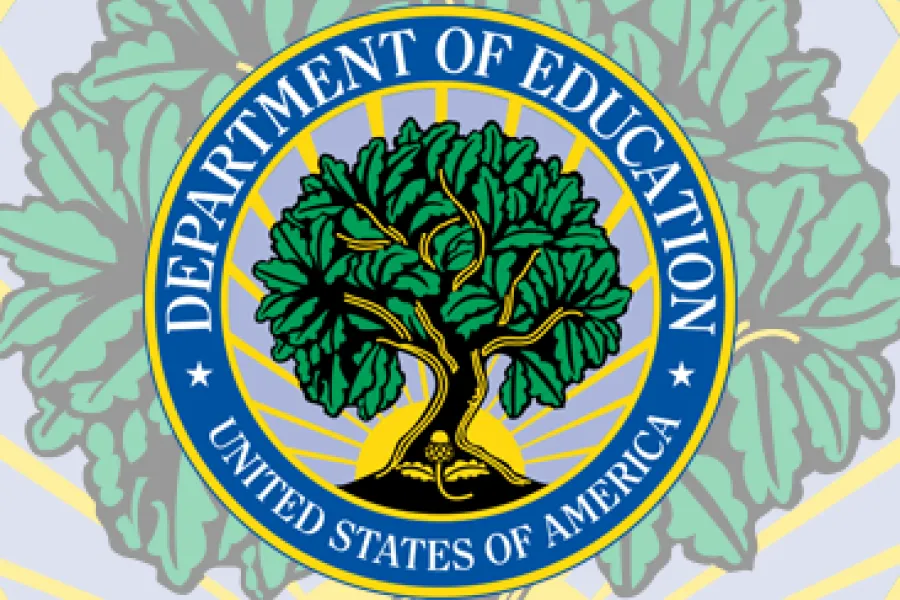The Department of Plant Biology and the School of Integrative Biology will receive an estimated $1.2 million from the U.S. Department of Education over the next three years to assist excellent graduate students who demonstrate financial need and plan to pursue the highest degree available in their course of study at their institution.
The grant, called Enhancing Opportunities for Research and Training in Integrative Biology, comes through the Department of Education’s Graduate Assistance in Areas of National Need program. The university intends for the program to train and mentor graduate students from traditionally underrepresented minority groups (American Indian and Alaskan Native, African-American and Hispanic or Latino ethnic origin) in organismal and integrative biology to become leaders in these fields.
| Stephen Downie, professor of plant biology and director of the grant program, said it will benefit students in the departments of Plant Biology, Animal Biology, and Entomology. |
Stephen R. Downie, professor of plant biology, is directing the program, and he said the award provides funding for eight fellowships with a maximum stipend of $34,000 per year for each fellowship (depending on the demonstrated level of financial need) along with a waiver of tuition and mandatory fees. If students do not demonstrate need for the full $34,000, the remaining money may be used to fund additional GAANN fellows.
The grant will benefit graduate students in the departments of Plant Biology, Animal Biology, and Entomology.
“Under Stephen’s leadership, I am sure that this training grant will catalyze permanent changes in our graduate programs,” said Carla Cáceres, director of the School of Integrative Biology.
According to Downie, many of today’s most pressing challenges will require trained researchers and educators in the biological sciences. The impacts of global change on communities and ecosystems, food security in the face of a growing human population and limited natural resources, and the emergence and spread of pests and pathogens require researchers and educators trained in integrative biology.
Jim Dalling, professor and head of the Department of Plant Biology, said the GAANN award will play an important role in supporting good students.
“Previous research has shown that organismal biology has particularly low rates of recruitment and retention of underrepresented minorities, and that this in part is because recruitment efforts have failed to recognize the financial constraints that limit participation in graduate programs,” he said. “GAANN support to our graduate students will also help to enrich diversity among teaching assistants that play an important role both as mentors in the classroom and in providing research experiences to our undergraduates.”
For more information about the GAANN program, see: http://www2.ed.gov/programs/gaann/index.html
Reposted from the College of Liberal Arts & Sciences - September 26, 2016
